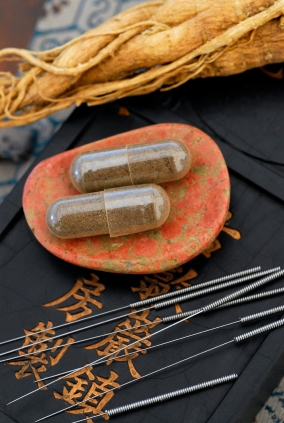Although we live in the land of plenty — and for the most part overeat — there are some critical vitamins that Australians tend to be short on, especially women. These include calcium, folic acid, iron, and vitamin D. Despite trying to eat well, we may not get all the nutrients we need since soil quality is much poorer than it used to be, so taking a daily multivitamin is a good idea. More difficult than the decision of whether to take a multivitamin, though, is which one to take. How do you make that decision? It can be difficult, given the aisles of choices that face us today. Here are some guidelines to help you find a good multivitamin that will provide you with the safety net you’re looking for:
Beware of hollow promises. Don’t make choices based on the claims on the label — words like “Energy Pack,” “Performance Enhancer,” and “Stress Control” have no science to back them up.
Search for a vitamin with most of your daily needs. Look for a vitamin with 100 percent of the daily value for the following vitamins: vitamins A, B1 (thiamin), B2 (riboflavin), B3 (niacin), B6, B12, C, D, E, and folic acid.
Take calcium separately. Because calcium is bulky, you can’t get the daily value in a single tablet or capsule. Take a calcium supplement if you’re not getting enough from your diet instead of trying to make up for it with two or more multivitamins a day
Watch out for missing ingredients. Some multivitamins are short on some vitamins and minerals — check for brands with at least some of the daily value amount of chromium, selenium, zinc, and vitamin K. Note however, if you take blood thinners, vitamin K could be a problem (which is why a lot of multivitamins don’t contain vitamin K); ask your practitioner if you can take it and how much is optimum for you.
Remember that more is not better. Too much of a good thing can cause harm: High amounts of vitamins in supplements plus what you get in food can put you over the safe limit. There are several vitamins that you can go overboard on: vitamin A, vitamin B6, vitamin E, iron, magnesium, phosphorus, and zinc. Beware of mega-amounts — several fold beyond the daily value — in supplements.
Take your age and gender into account. The amount of iron you need depends on both. Men and postmenopausal women need only around 8 mg a day, while premenopausal women (who are still menstruating) need 18 mg a day. Going with one of the age formulas — under or over 50 — is a good idea.
Finally, don’t expect a multivitamin to be a miracle pill. Your daily diet should be the main source of your nutrients, including vitamins and minerals. Be sure to eat a wholesome diet of plenty of fruits, vegetables, legumes, whole grains, lean proteins, low-fat dairy products, and good fats (such as those found in olive oil, nuts, and cold-water fish like salmon and tuna).
At the clinic, we stock only the highest quality multi-vitamins and there is something to suit everybody – whether you are a pregnant person or an elderly person. Ask your practitioner which one is best for you.
RELATED ARTICLES:
What Food Do You Need – A list of common nutrient deficiency symptoms and what foods you should eat to combat this.
From Little Things Big Things Grow – A look at Mediherb, one of our key herbal product providers.


